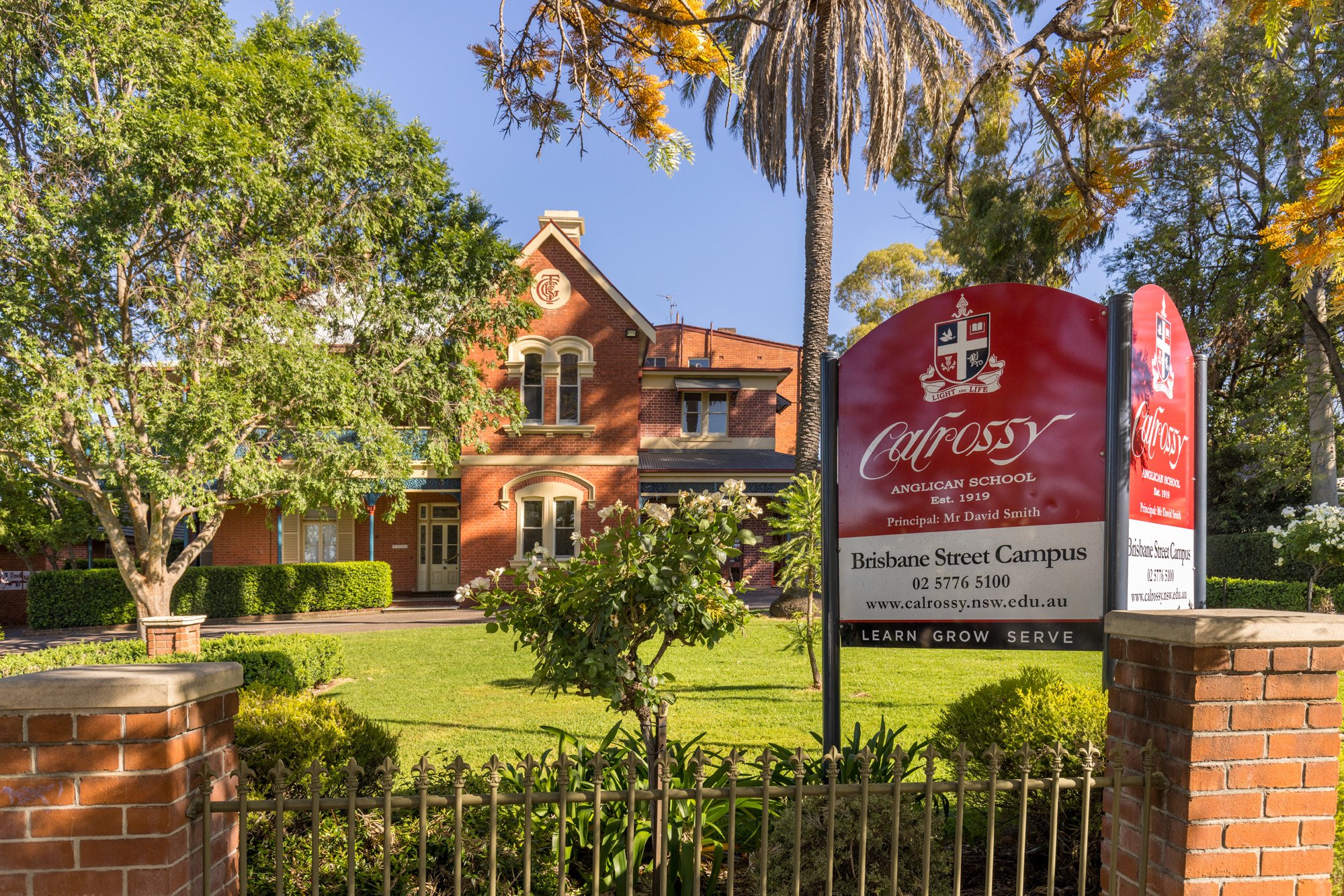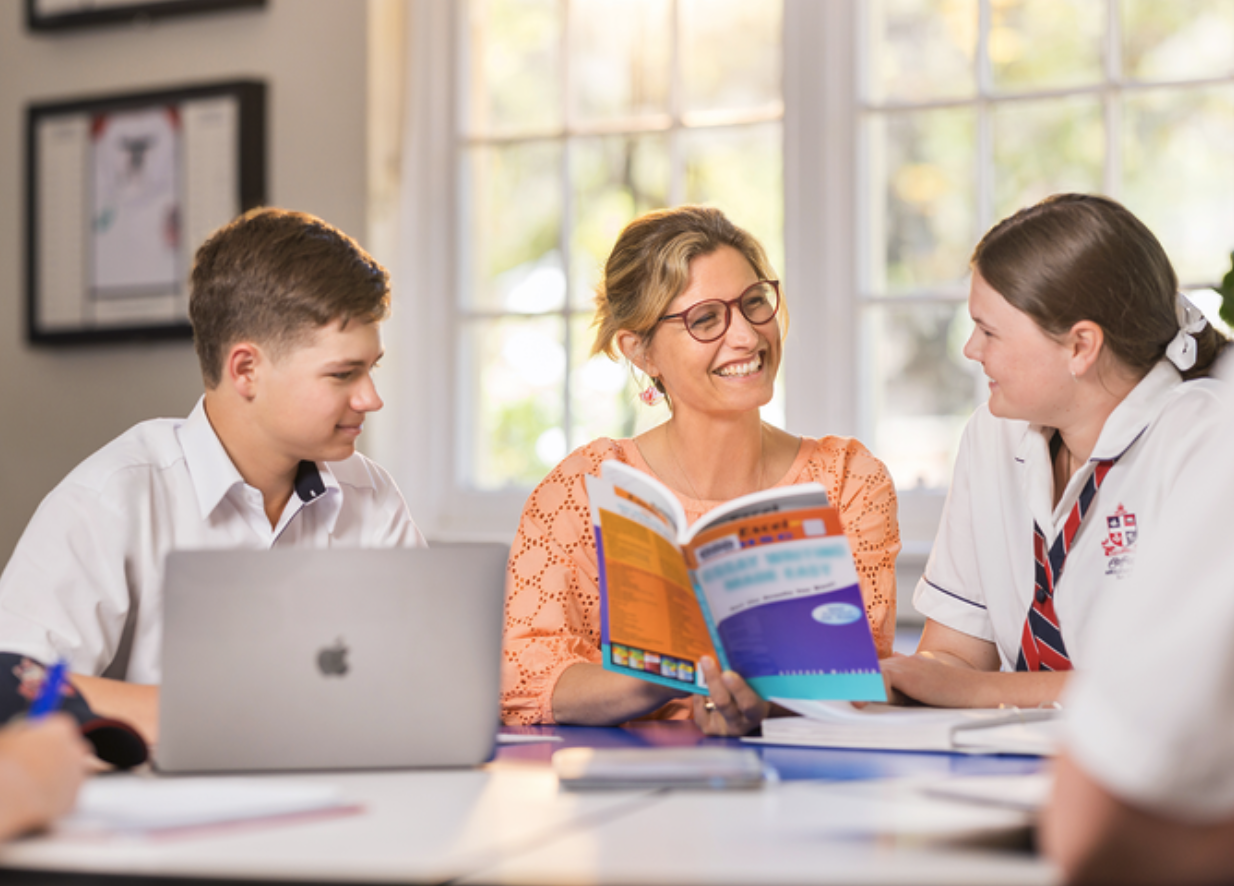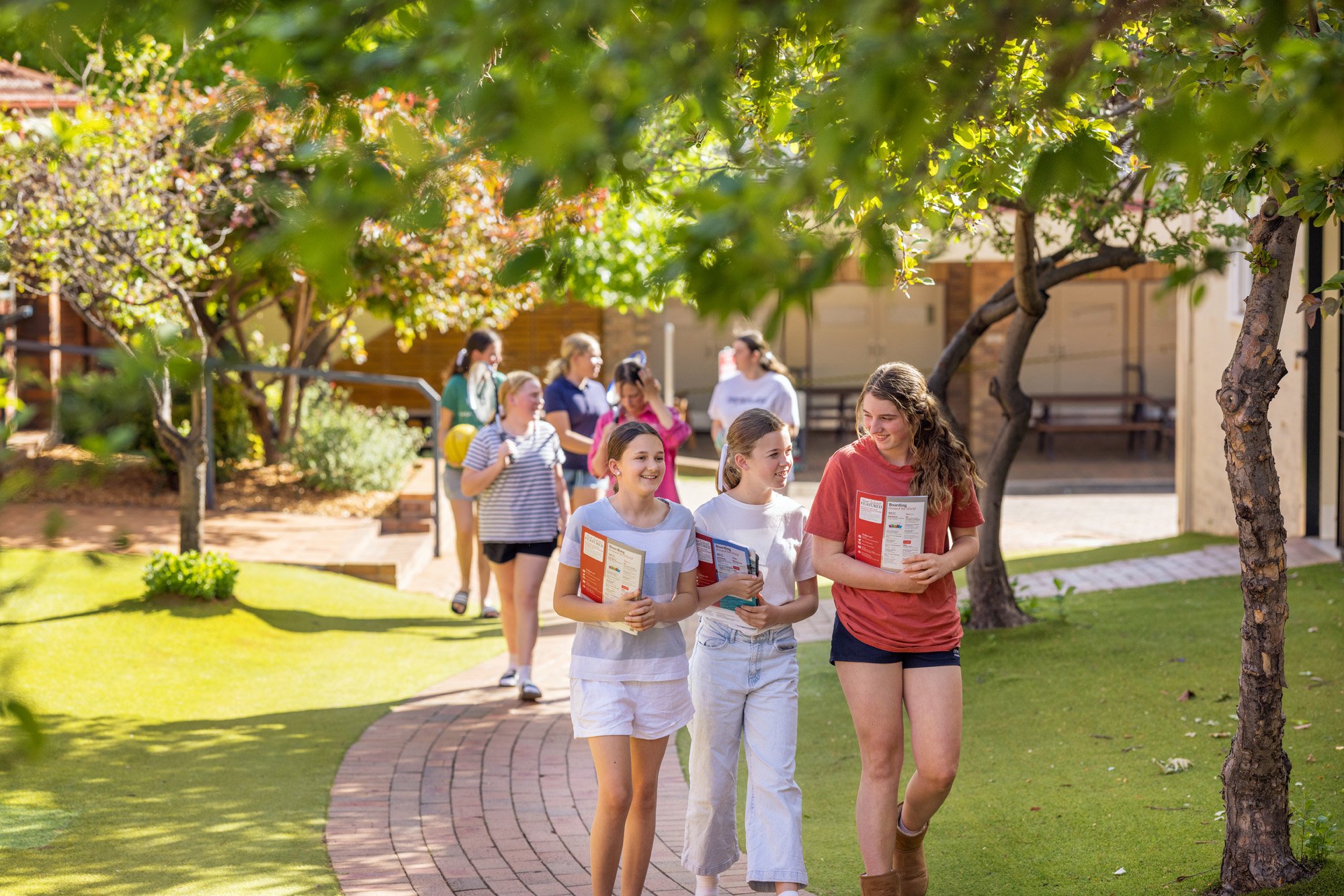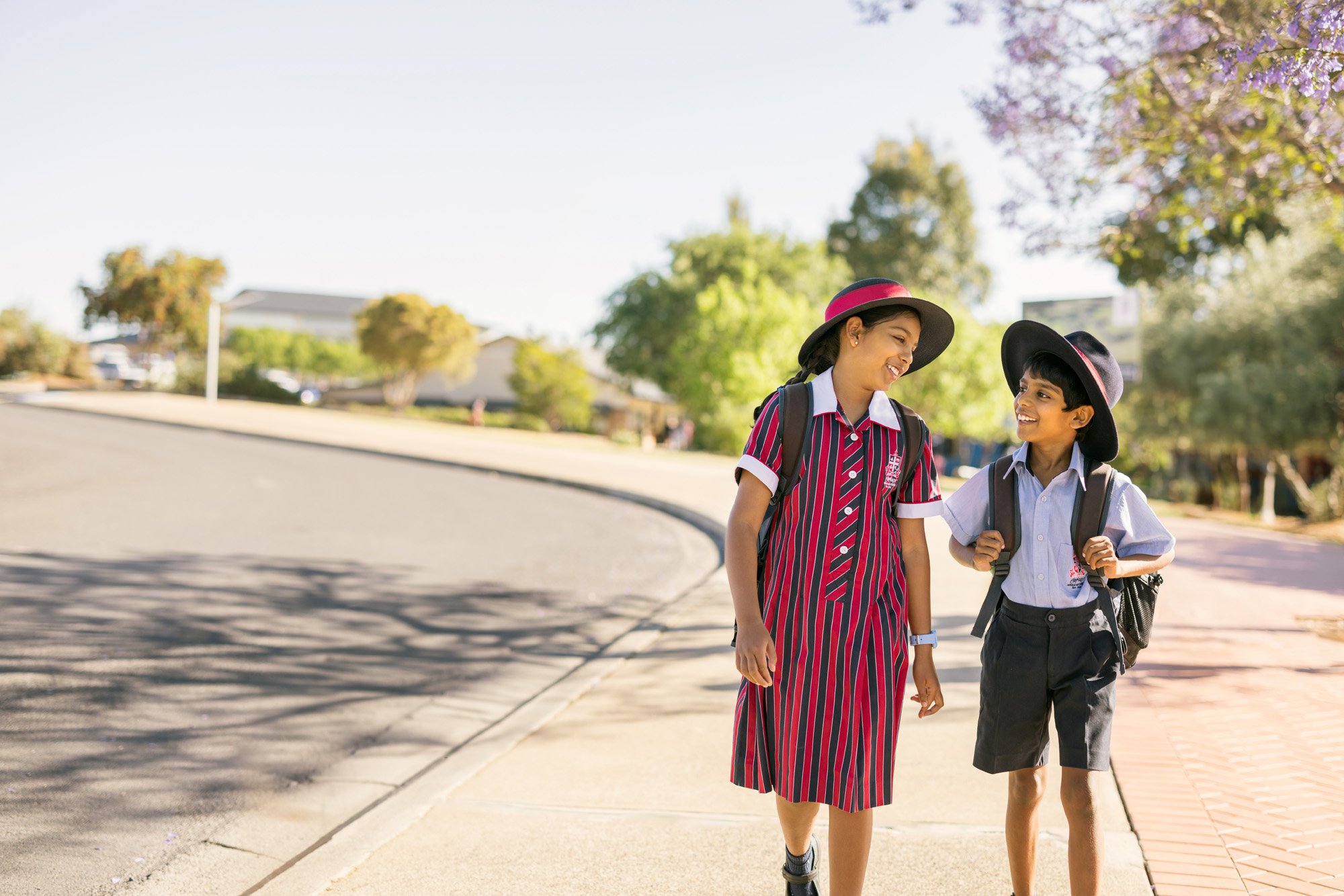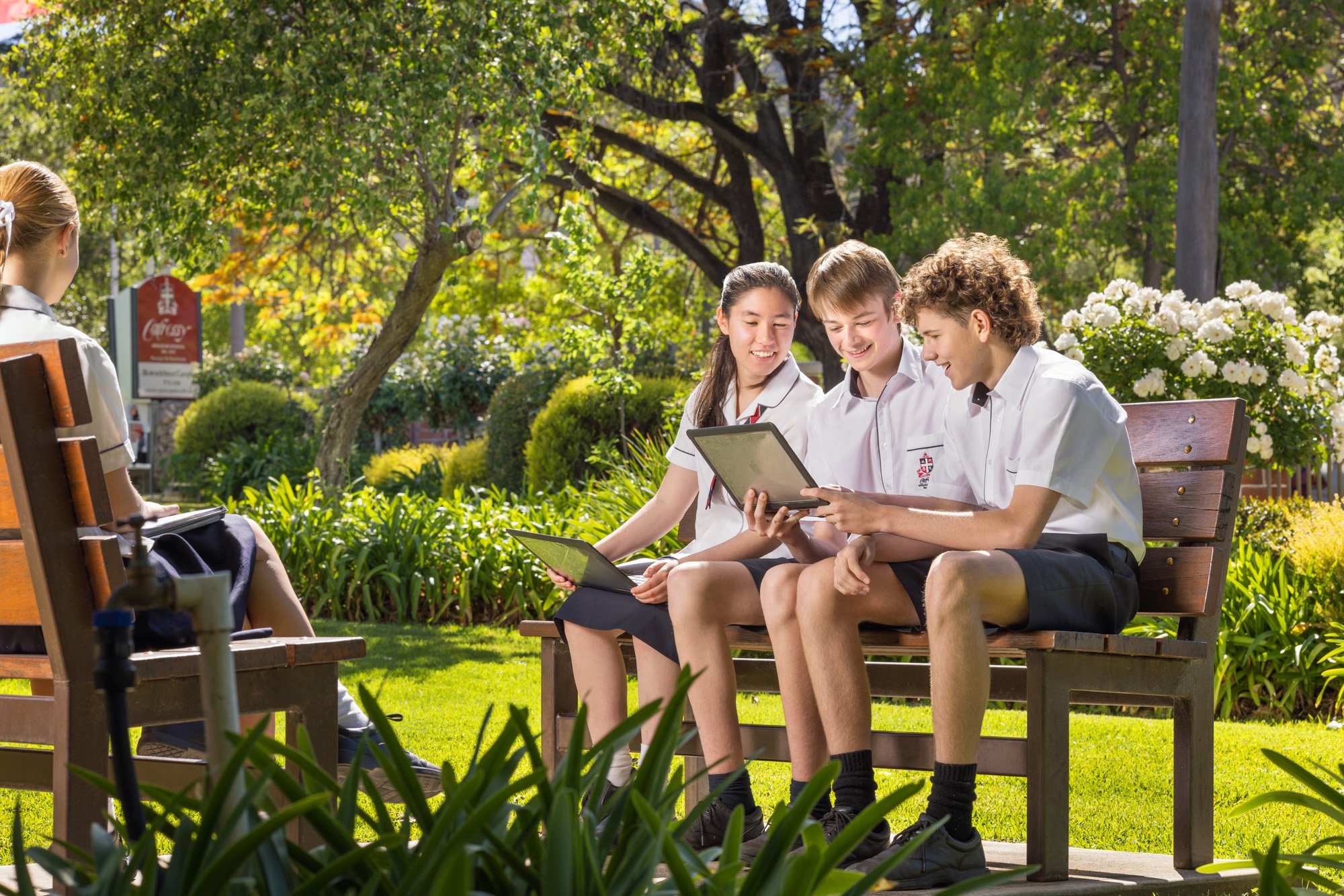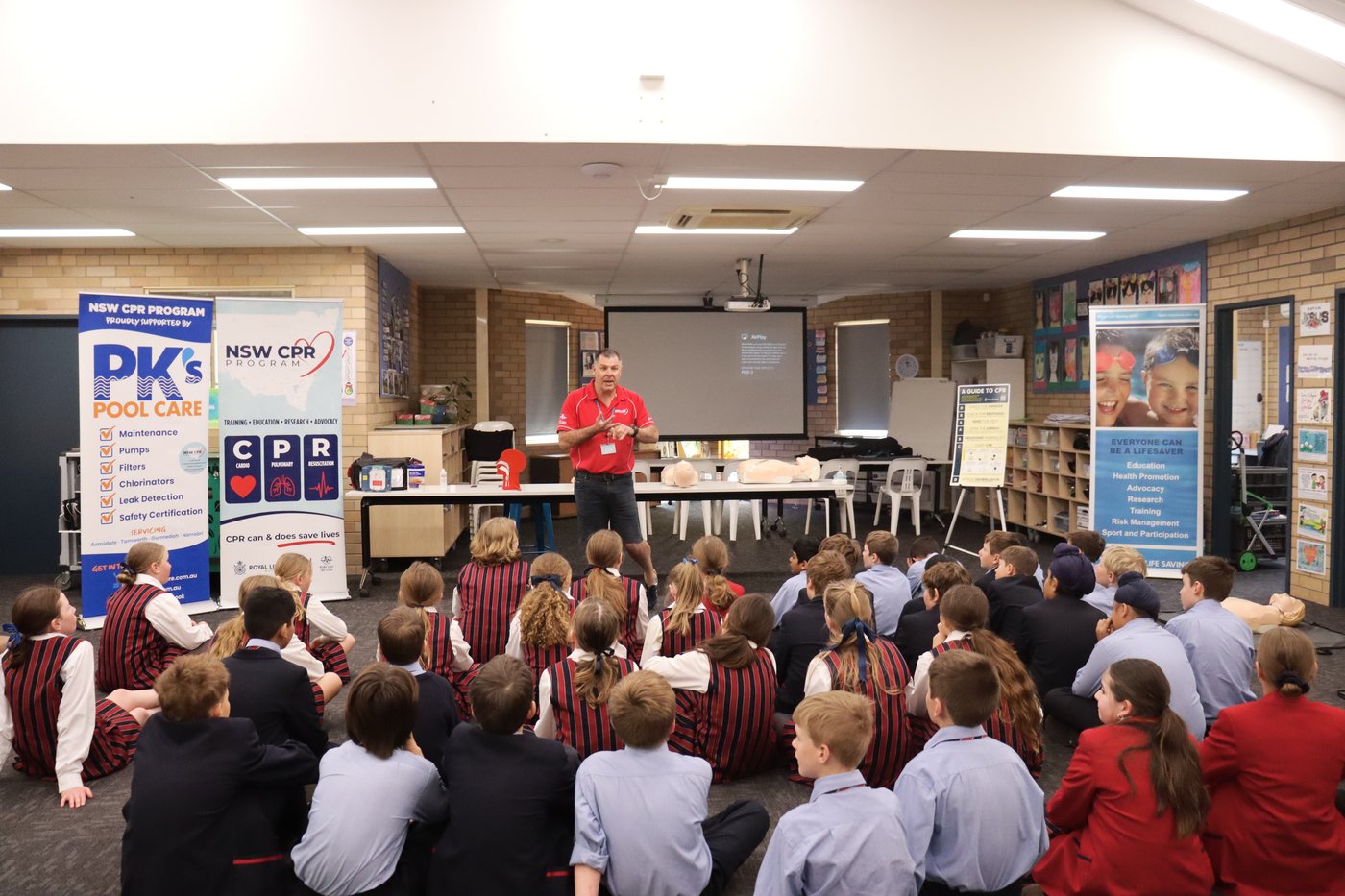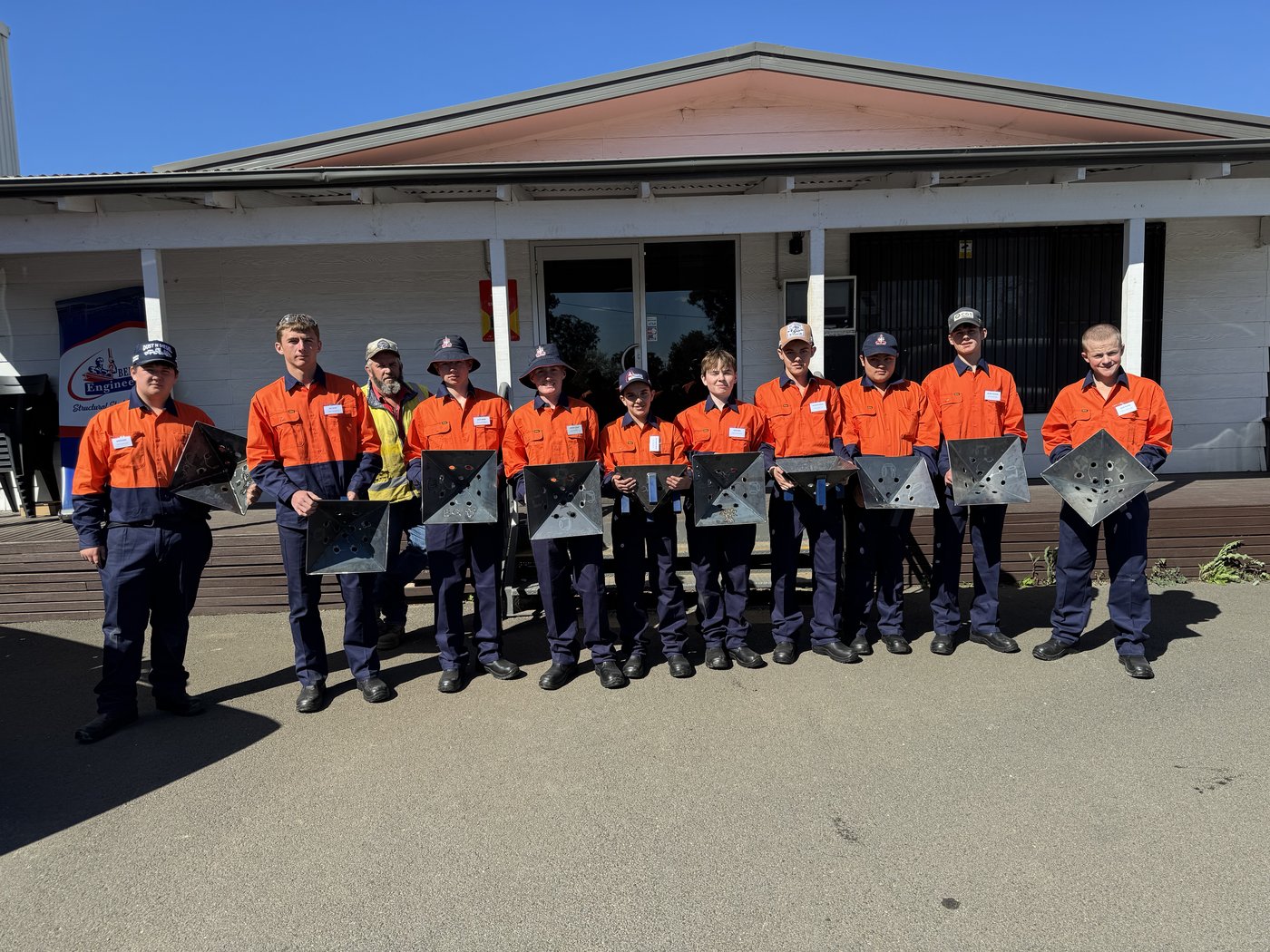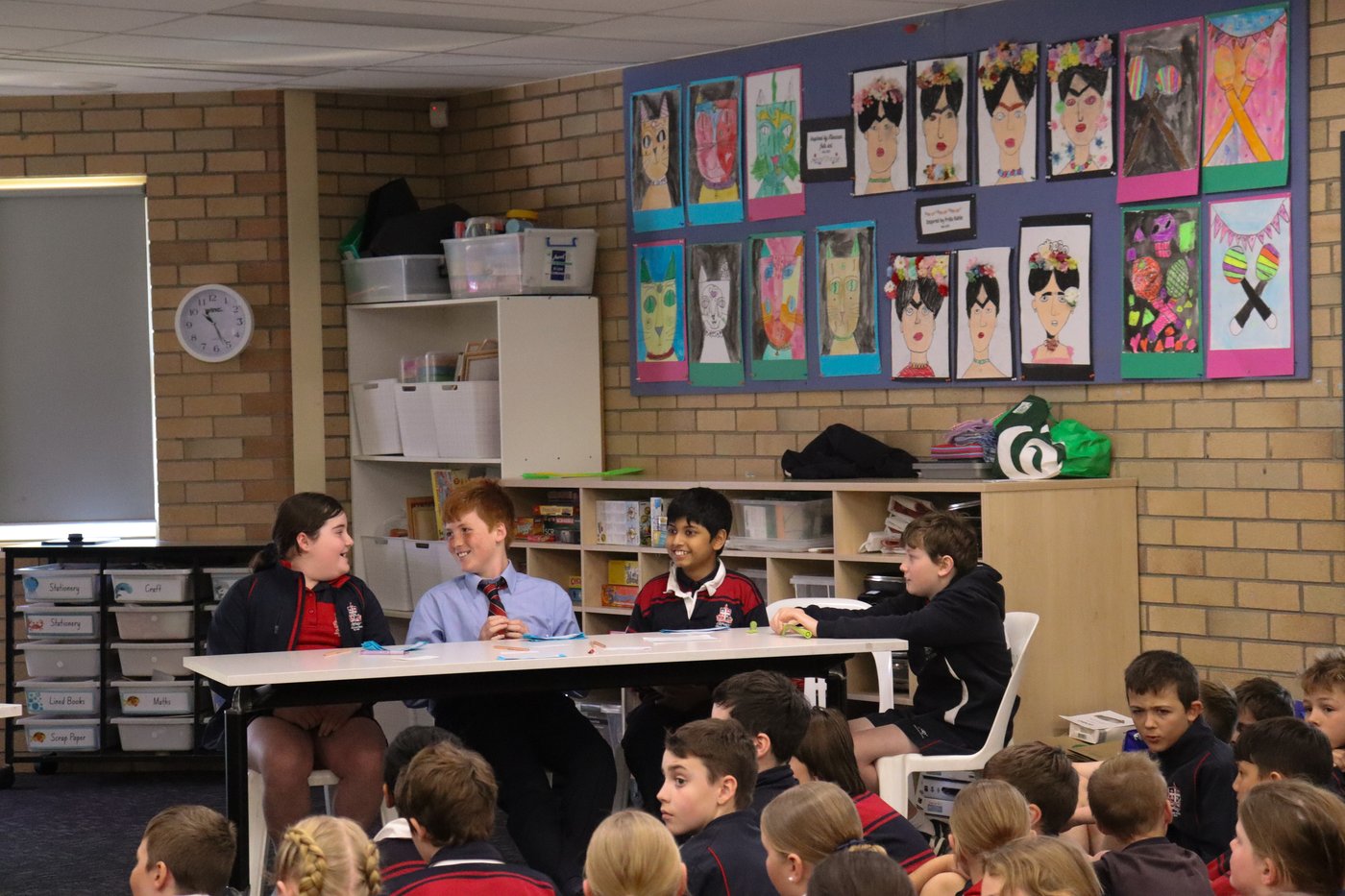Latest News
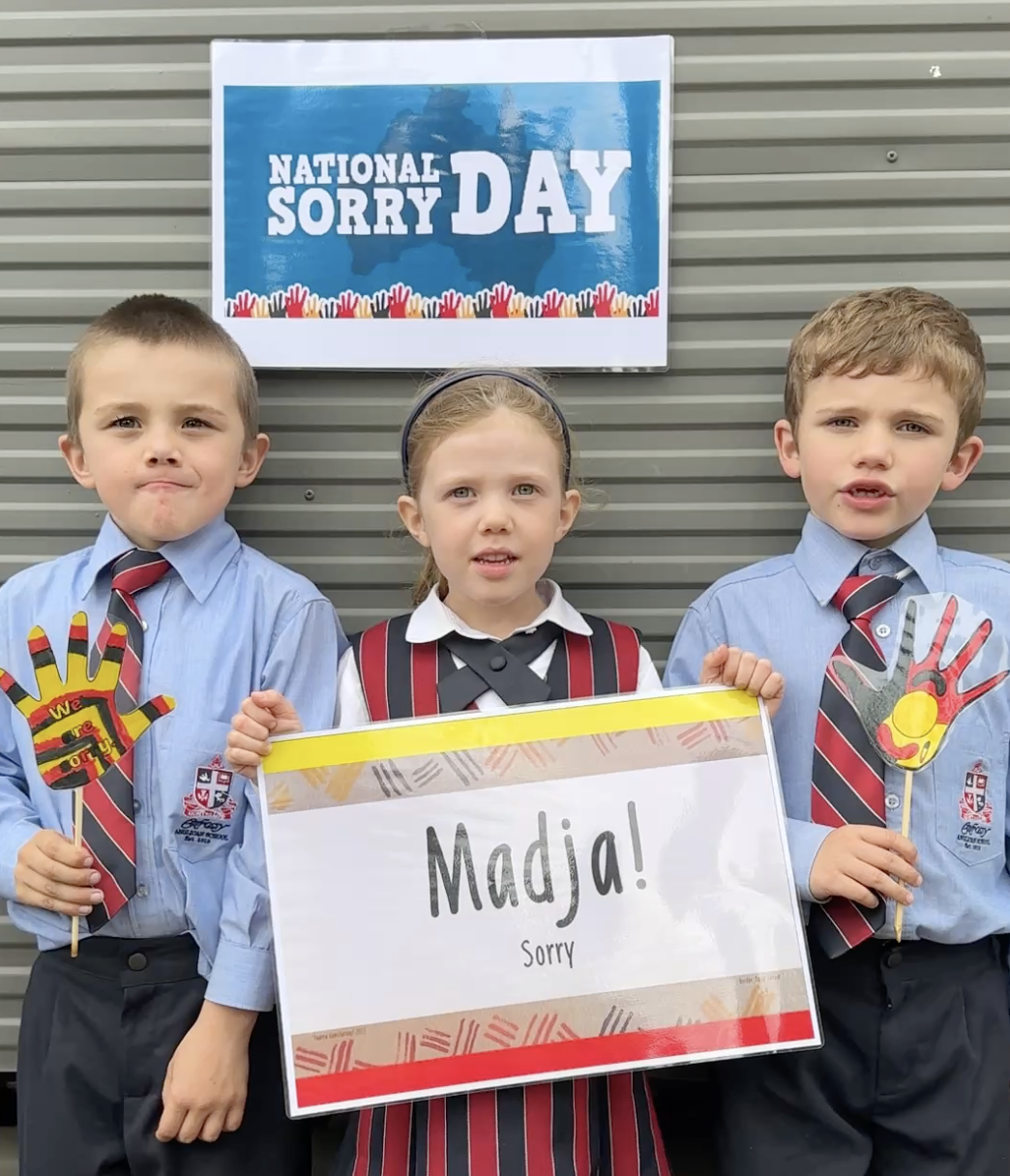
At Calrossy Junior School, students are enthusiastically engaging with local Indigenous culture through the innovative "Gamilaraay Word of the Week" initiative. Each Monday during the whole-school assembly, students are introduced to a new word from the Gamilaroi language, learning its history, meaning, and relevance to their everyday lives.
This week's word is ‘Madja’, meaning 'Sorry', perfectly aligning with our focus on reconciliation and understanding, with today being National Sorry Day.
The Program, led by the Junior School’s Indigenous Education Facilitator Patrice McMullen, is designed to embed Aboriginal and Torres Strait Islander perspectives meaningfully across all areas of the curriculum. "Using Indigenous languages within our school helps preserve and revitalise the Gamilaraay language," Mrs McMullen explained.
"It nurtures cultural pride among Indigenous students and deepens all our students' appreciation and understanding of Australia's rich cultural diversity."
The benefits of integrating Indigenous languages in schools are significant:
Preservation and Revitalisation : Teaching Indigenous languages helps keep them alive and ensures their transmission to future generations, especially crucial as many are endangered.
Cultural Identity and Pride : For Indigenous students, learning their language can significantly boost self-esteem, strengthen their sense of identity, and foster a profound sense of belonging.
Cross-Cultural Understanding : Non-Indigenous students gain valuable insights and a deeper appreciation for Australia's diverse cultures and complex history, encouraging respect and empathy.
Reconciliation : Incorporating Indigenous languages into the curriculum represents a meaningful step towards reconciliation, fostering greater understanding and harmony between Indigenous and non-Indigenous communities.
Community Engagement : By collaborating with local Indigenous communities to design and implement language programs, schools build and strengthen respectful relationships, promoting cultural exchange and community cohesion.
Enhanced Education : Exposure to Indigenous languages has been shown to enhance academic engagement and overall educational outcomes, enriching students' cognitive abilities and their enthusiasm for learning.
Throughout the week, students are encouraged to use the Gamilaraay word in conversations, classroom activities, and written tasks. Teachers receive weekly support materials, including pronunciation guides and cultural context, ensuring confident integration into daily lessons. Each classroom proudly displays a weekly poster, reinforcing students' engagement and connection with the language.
Parents are also invited to participate through weekly updates via The Hub and Seesaw, fostering ongoing conversations about cultural heritage at home.
This week is especially significant as it aligns with National Sorry Day and Reconciliation Week, as well as Calrossy Junior School's Week of Wellbeing. Head of Junior School, Lesley Lamb, emphasised, "When we care about reconciliation, we also care deeply about everyone's wellbeing. Wellbeing means feeling safe, happy, healthy, and connected, and our fun activities this week aim to promote exactly that."
Reflecting the school's Christian ethos, Mrs Lamb added, "In the Bible, God teaches us to be people of peace, love, and unity. 'Blessed are the peacemakers, for they will be called children of God.' – Matthew 5:9. Reconciliation reflects God's heart—it's about forgiveness, truth, and making relationships whole again. When we walk in reconciliation, we walk in God’s love and help others feel truly seen, heard, and cared for."
Through the Gamilaraay Word of the Week, Calrossy Junior School continues its commitment to creating a culturally inclusive and enriched learning environment, celebrating and respecting Indigenous heritage while actively promoting reconciliation.


